It’s no secret: public libraries have been in decline over the last twenty years. There are fewer in-person visits, fewer books on the shelf, fewer people utilizing the other educational services libraries have to offer, and librarians are losing their jobs.
With the introduction of the digital age, funding cuts from financial crises, and the COVID-19 pandemic – libraries are struggling, but they shouldn’t be: public libraries are crucial community assets that provide essential services far beyond just lending books.
Libraries offer so many educational and recreational services; Bethlehem Area Public Library, for example, offers adult yoga, clothes mending courses, memoir writing groups, and even Qigong classes, a Chinese exercise that promotes meditation and relaxation. For children, they have homework help, family storytimes, Dungeons and Dragons groups, craft activities, and much more.
When introduced to children at a young age, libraries promote lifelong learning and act as centers of both literacy and recreation. Their programs support diverse populations across all age groups, such as offering multilingual courses and technology training classes.
Despite how public library usage may be declining due to improved technology, libraries are essential in offering technological support, such as providing access to technology and the internet for those without personal devices or Wi-Fi and offering internet literacy training.
These programs are essential to supporting the community, and budget cuts make these initiatives almost impossible – and these budget cuts are happening right now.
In November, New York City announced a $58.3 million budget cut for the New York Public Libraries for fiscal year 2025, reflecting a universal trend of declining funding for libraries. This reduction could’ve led to shorter operating hours, decreased staff, and cutbacks in programs, impacting the communities that rely on libraries for educational support and essential services.
However, advocacy campaigns play a crucial role in rallying public support and securing necessary resources, as after much pushback from the community and interest groups, the funding was restored to NYC public libraries.
This isn’t a fruitless endeavor; investing in libraries offers significant economic benefits, including a strong return on investment and a positive community impact. Libraries boost local economies by supporting job creation, fostering entrepreneurship, and increasing property values.
To ensure that public libraries continue to thrive and serve as vital community hubs, community members must act to protect them. Local governments need to prioritize library funding in their budgets, recognizing the invaluable services and resources libraries provide.
And, if the potential funding cut from New York Public Libraries proves anything, it is that individuals can advocate for libraries in their communities to the point of meaningful political change.
Even just attending library events, contributing to fundraising efforts, and holding a library card brings a benefit to the library and, therefore, to you and the community as a whole. Libraries often have to show statistics to maintain their funding, and if no one is utilizing the library, then their funding will be cut – so the more community members that hold cards, the better.
And why not get a library card? They’re free, and there are so many benefits
For the Bethlehem Area Public Library, if you’re 15 years old and up and a resident of Bethlehem City, Bethlehem Township, Fountain Hill, or Hanover Township (Northampton County), you can apply for your card online, and they will mail it to you for no charge.
Once received, you can immediately start using your card to check out eBooks, eAudiobooks, and digital magazines, as well as access all other library online resources. All you have to do is go to the library to validate and activate the card, allowing you to borrow physical books, CDs, and DVDs.
If you are living outside of BAPL’s borrowing area, you may be eligible for a card through the Access Pennsylvania program. To apply for an Access card, use the same form and then go to the Main Library to pick up your card – you must bring a photo ID and your valid home library card at that time. It’s that easy.
Public libraries offer unparalleled value to communities through their diverse range of services and resources. They serve as educational centers, social hubs, and cultural landmarks, providing crucial support for learning, literacy, and community engagement.
However, to continue fulfilling their vital roles, libraries urgently need renewed support and investment from their community – and that does not always mean fiscal donations. It could mean something as little as maintaining a library card or as large as donating your time or money.
As financial pressures mount and demands grow, it is essential that we advocate for increased funding and resources. Libraries enrich living in a community, foster inclusivity, and contribute to a well-informed society. If their funding is cut, it is the community that suffers. By backing our libraries, we invest in a better-educated and better-supported community for ourselves and future generations. If interested in supporting BAPL, check out this link to donate or volunteer your time.



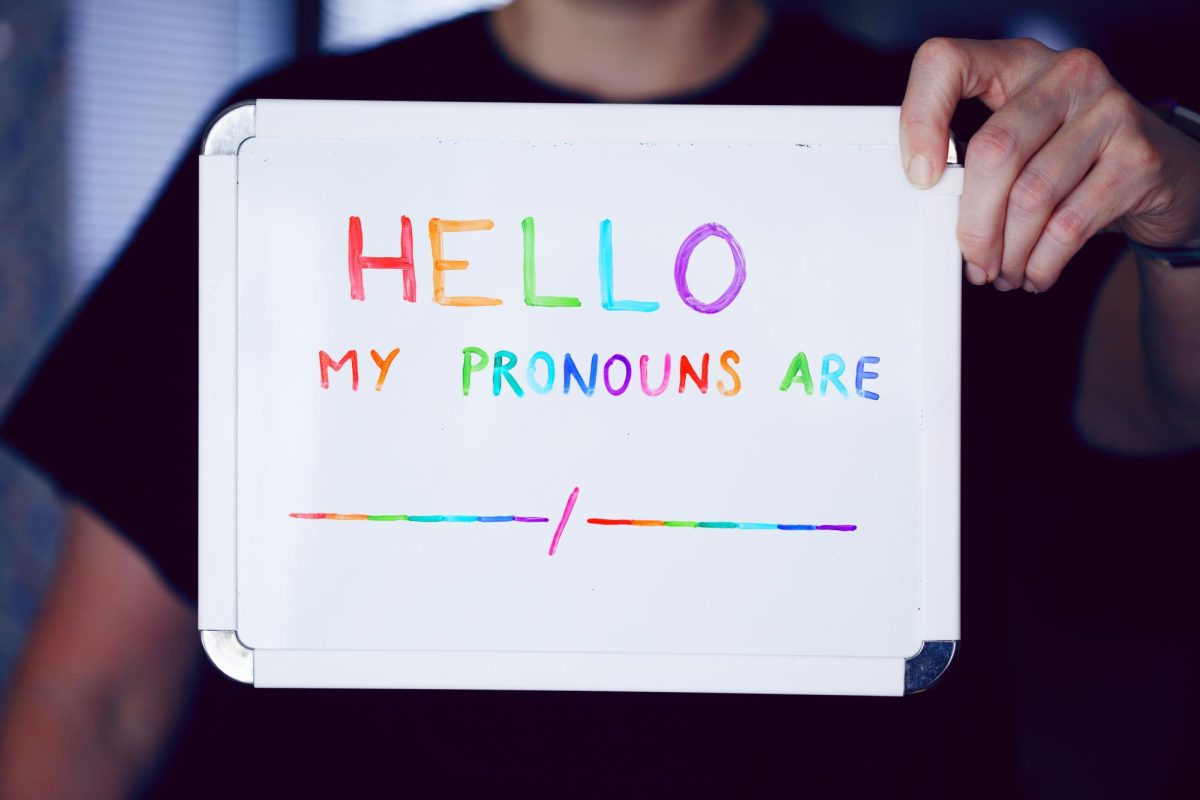
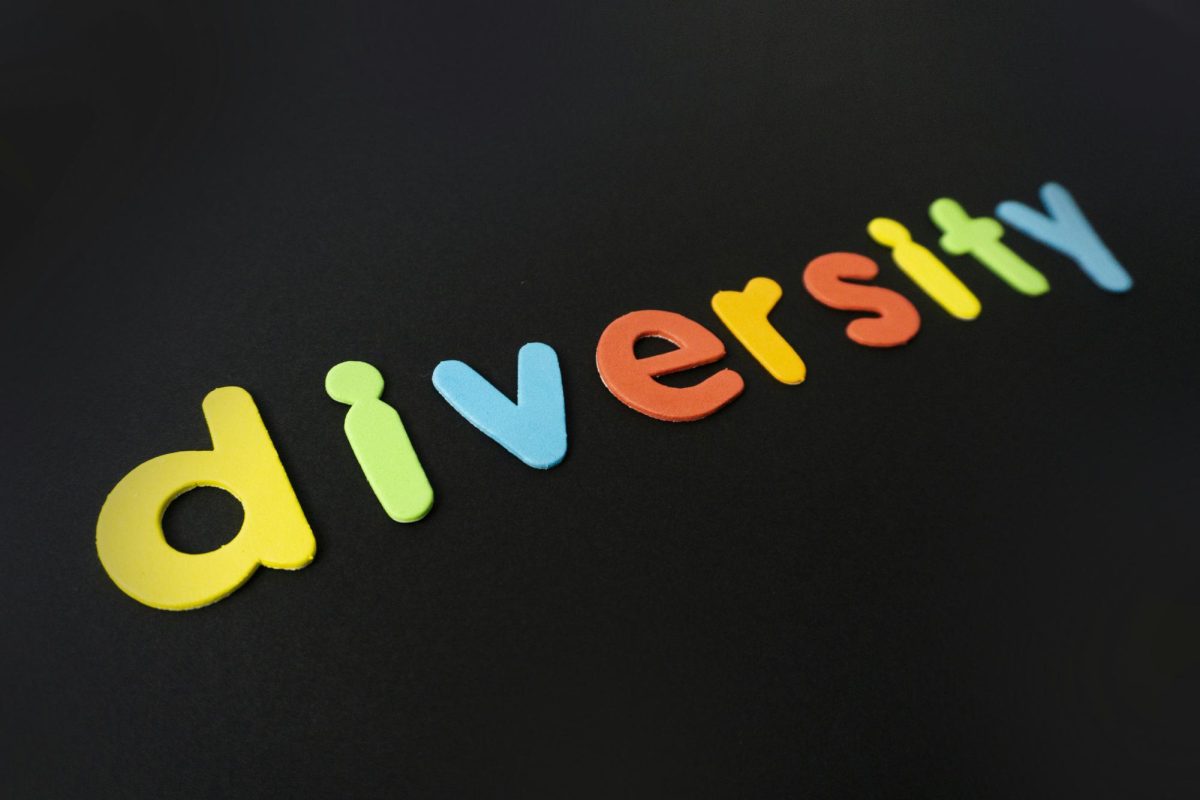
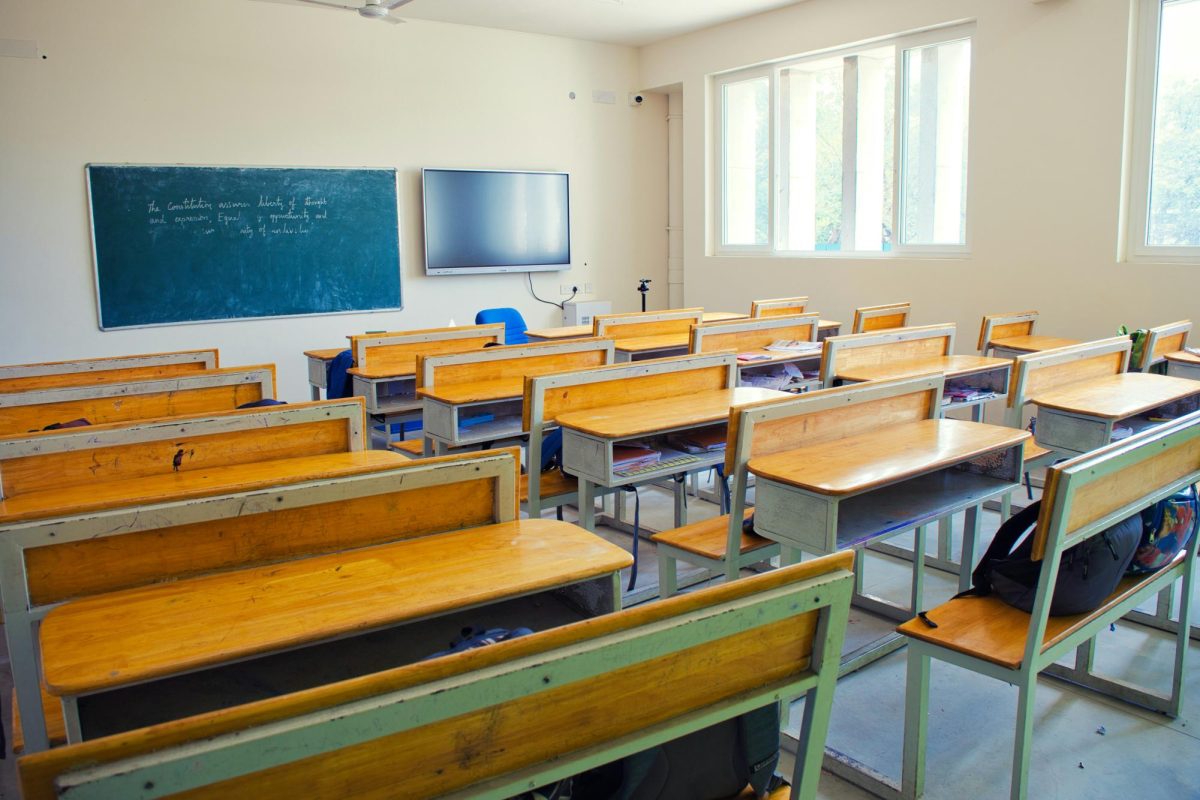







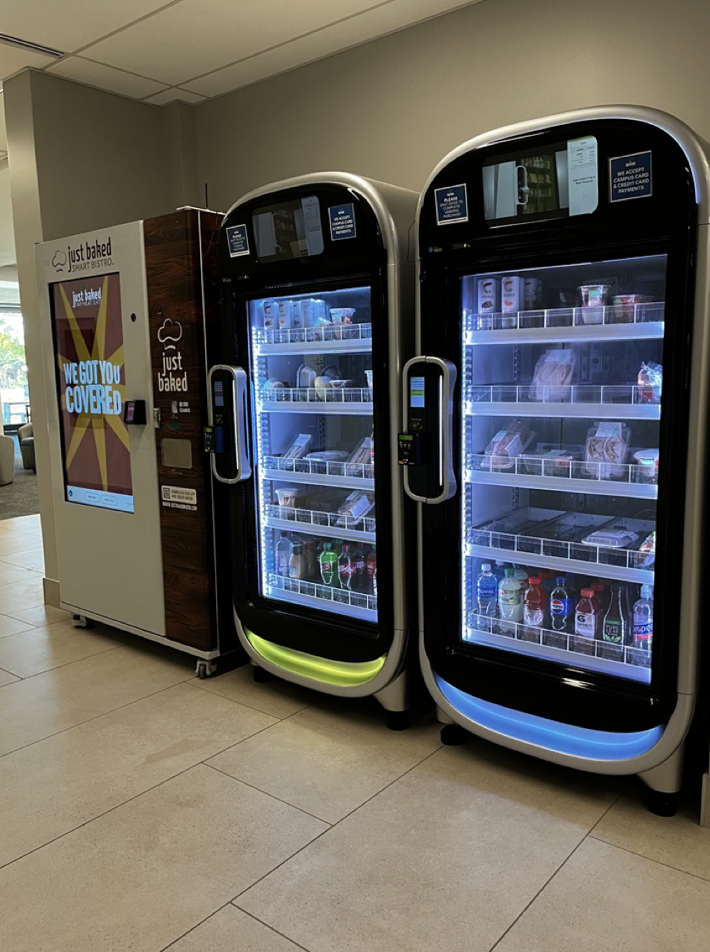



![The Downfall of Taylor Swift: AI, ‘The Life [and Demise] of a Showgirl’](https://comenian.org/wp-content/uploads/2025/10/unnamed-6-1.jpg)
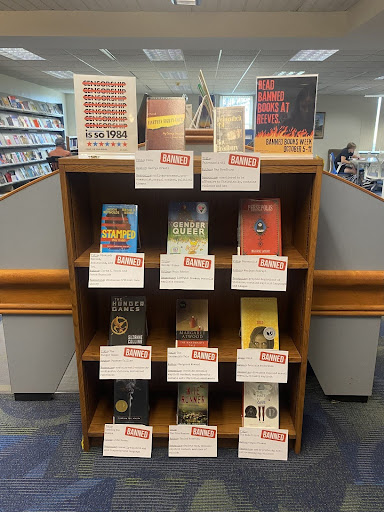


SavePlus UAE • Sep 17, 2025 at 9:37 pm
Public libraries offer a wealth of knowledge, fostering community engagement and personal growth. They provide access to resources that support learning and creativity for everyone, regardless of background or age. A true community treasure! SavePlus UAE